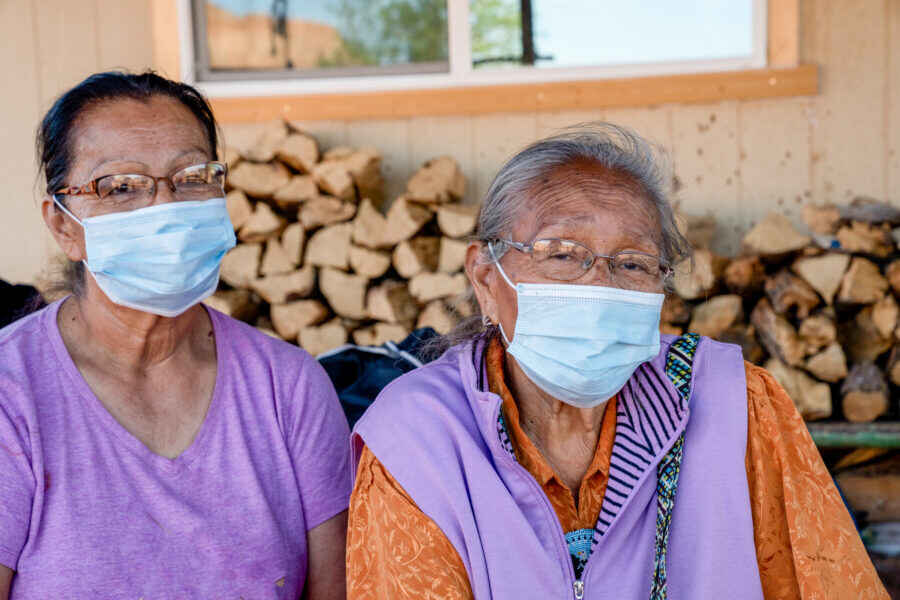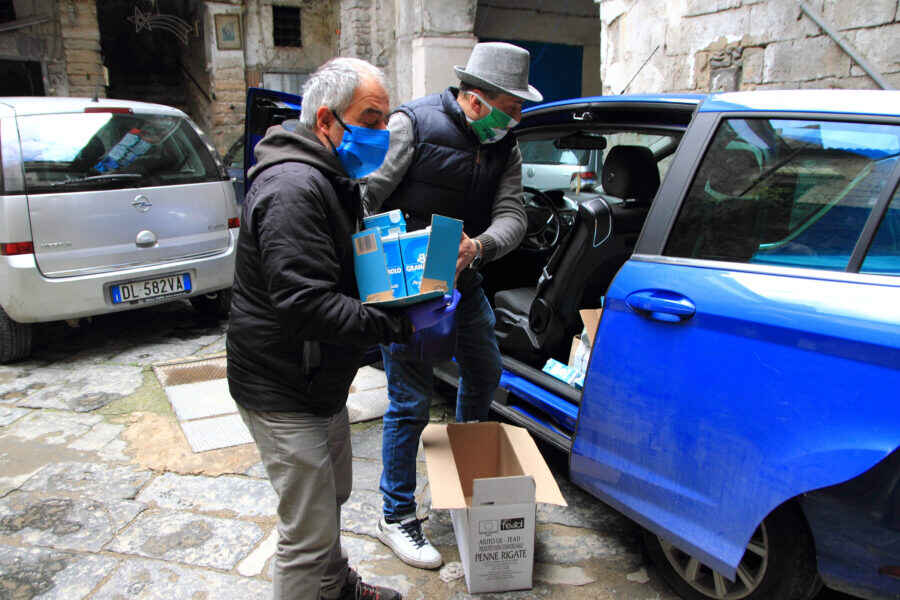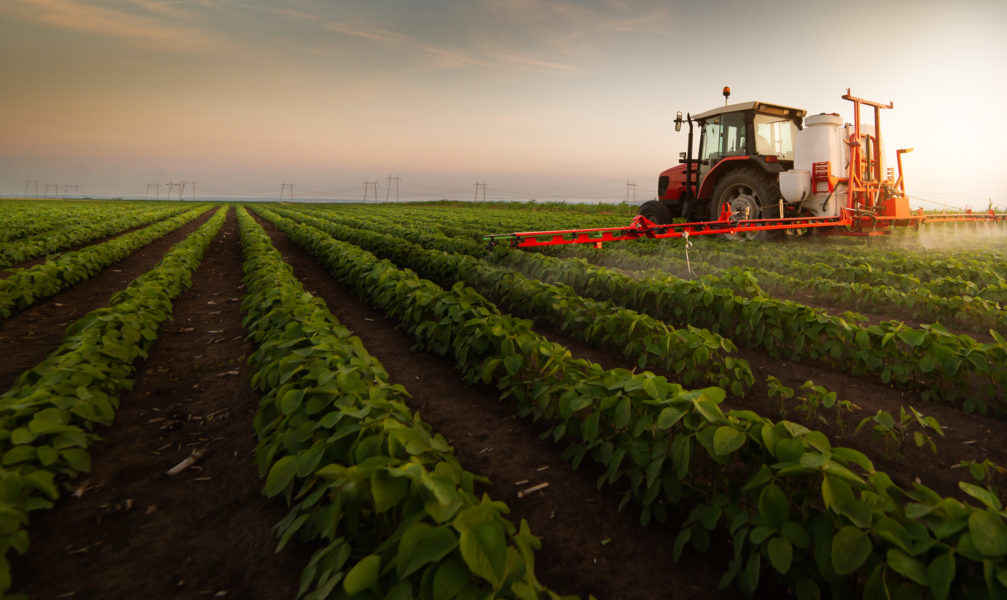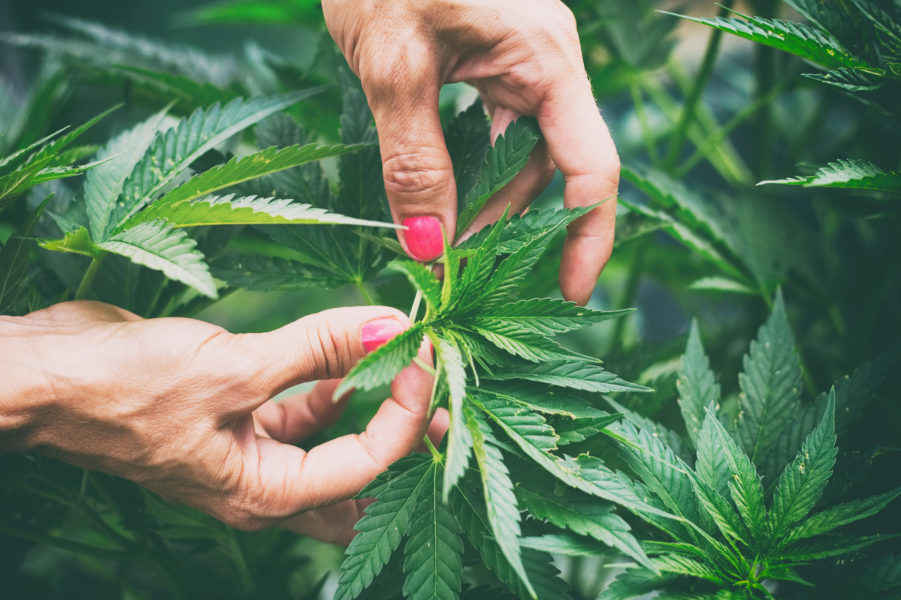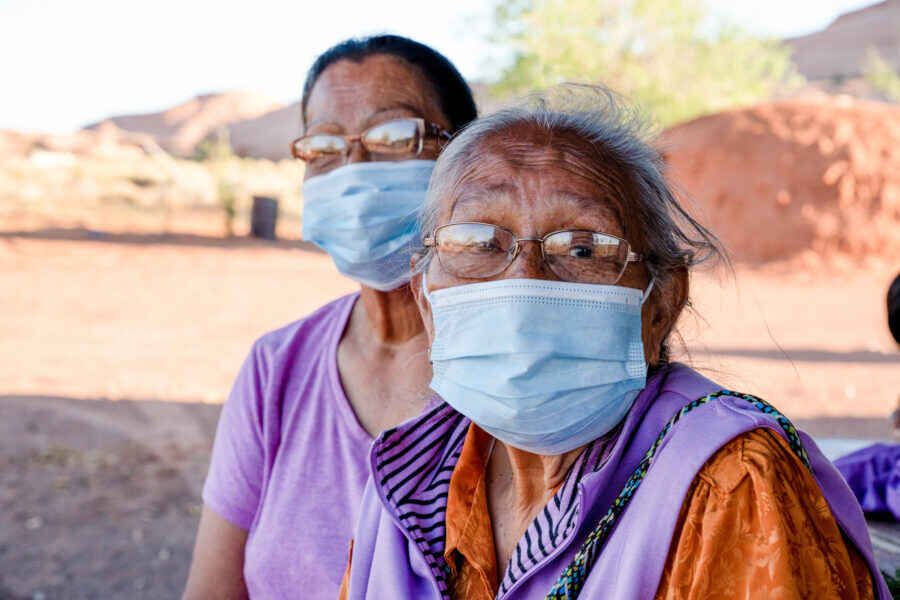
Addressing Native American Food Insecurity During the COVID-19 Pandemic: The Older Americans Act Title VI Programs
Law & Policy InsightsCOVID-19COVID-19 and Health EquityTribal HealthThe COVID-19 pandemic has increased food insecurity across the country and Native American communities are acutely impacted because of poverty and loss of traditional food systems and practices (hunting, gathering, and cultivating culturally relevant and locally available foods). The scope of Native American food insecurity prior to COVID-19, while difficult to quantify, is an important baseline for understanding the challenge facing this community, the resources that are needed and whether current governmental programs are adequately meeting those needs.

